Exploring the Cultural Significance of Weaving Machines in Ghana with Wigmore Trading
Exploring the Cultural Significance of Weaving Machines in Ghana with Wigmore Trading
Welcome to the vibrant and rich world of Ghanaian culture, where tradition and innovation intertwine in the most captivating way. Today, we embark on a journey that will unravel the mesmerizing story behind weaving machines and their deep-rooted significance in this West African nation. Join us as we partner with Wigmore Trading, an esteemed company at the forefront of preserving Ghana’s heritage through exquisite textiles. Get ready to be captivated by the artistry, history, and cultural importance woven into every thread. Prepare to be amazed as we delve into the secrets of these marvelous machines that have shaped generations and continue to weave together communities across Ghana.
Introduction to Wigmore Trading
Weaving is an important part of Ghanaian culture, and the machines used to weave cloth play a significant role in Ghanaian society. Wigmore Trading is a company that specializes in selling weaving machines to Ghanaian businesses and individuals.
Wigmore Trading was founded in 2008 by William Wigmore, who has over 25 years of experience in the textile industry. The company is based in Accra, Ghana, and has a showroom and workshop where they display and repair their machines.
Wigmore Trading sells both new and used weaving machines, and also provides training on how to use them. They also sell other textile-related products, such as yarns and fabrics.
The company’s mission is to help preserve Ghanaian culture by providing quality weaving machines at affordable prices. Wigmore Trading is committed to providing excellent customer service, and they offer a warranty on all of their products.
History of Weaving Machines in Ghana
Weaving machines have been used in Ghana for centuries, with the first evidence of their use dating back to the 12th century. The earliest known weaving machine in Ghana was the loom, which was used to create cloth and tapestries. Weaving machines became more sophisticated over time, and by the 19th century, the handloom had become the most commonly used type of weaving machine in Ghana.
The handloom is a simple machine that consists of a frame, shuttle, and heddle. The frame is made of wood or metal and is held upright by two posts. The shuttle is a small bobbin that holds the yarn or thread, and the heddle is a series of cords or wires that are attached to the frame and control the movement of the shuttle.
To operate the handloom, the weaver sits in front of the machine with their feet on pedals that control the heddles. The weaver throws the shuttle back and forth across the loom to create the desired pattern.
The handloom was traditionally used to weave narrow strips of cloth that were then sewn together to make larger pieces such as clothing or blankets. However, modern handlooms can be used to weave wider fabrics that do not need to be sewn together.
Ghanaian weavers are known for their skill in creating intricate patterns using different colors of thread. Patterns often have symbolic meaning and can be used to communicate messages or
Current Uses of Weaving Machines in Ghana
In Ghana, weaving machines are used for a variety of purposes, from making traditional cloths to creating modern garments. Weavers in Ghana use a variety of techniques to create their fabrics, including hand-weaving, machine-weaving, and embroidery.
Weaving machines are an important part of the textile industry in Ghana. They are used to create a variety of fabrics, including traditional cloths and modern garments. Weavers in Ghana use a variety of techniques to create their fabrics, including hand-weaving, machine-weaving, and embroidery.
Machine-woven fabrics are often used for clothing such as shirts, skirts, and pants. Hand-woven fabrics are typically used for ceremonial cloths and blankets. Embroidered fabrics are used for both clothing and decorative purposes.
The majority of weaving machines in Ghana are located in the Ashanti Region. The Ashanti people have a long history of weaving cloths by hand, using simple looms. In recent years, however, Ashanti weavers have begun using machine-woven fabric to create more intricate designs.
The Ewe people of Ghana also have a rich tradition of textile production. Ewe weavers use both hand-operated looms and machine-operated looms to create their fabric designs. Machine-woven fabrics are typically used for clothing such as shirts, skirts, and pants; while hand-woven fabrics are often used for ceremonial cloths and blankets.
Benefits of Weaving Machines for Local Communities
Weaving machines have long been used in Ghanaian culture to create traditional textiles. In recent years, however, these same machines have begun to be used for a more utilitarian purpose: to create mosquito nets. These nets are not only effective at preventing the spread of malaria, but they are also much cheaper to produce than those made with synthetic materials.
Not only does this provide a vital service to local communities, but it also creates jobs and boosts the economy. Weaving machines are typically operated by women, who make up a large percentage of the population in Ghana. This means that not only are families protected from disease, but women are also empowered to earn an income and support their families.
Challenges Facing the Use of Weaving Machines in Ghana
Ghana is a country with a rich history of textile production. For centuries, traditional hand-woven fabrics have been produced using simple looms. However, in recent years, the use of weaving machines has become increasingly popular. While weaving machines can significantly increase productivity, they also come with a number of challenges.
One of the biggest challenges facing the use of weaving machines in Ghana is the high cost of investment. Weaving machines are not cheap, and most small-scale producers cannot afford to purchase them outright. As a result, many producers must either take out loans or lease machines from other businesses. This can be a significant financial burden, and it often limits the ability of producers to expand their operations.
Another challenge associated with the use of weaving machines is the lack of trained operators. Most traditional weavers in Ghana do not have experience operating modern machinery. As a result, there is a growing need for training programs that can teach people how to use these machines effectively. Unfortunately, such programs are often expensive and difficult to access.
Despite these challenges, the use of weaving machines is likely to continue to grow in Ghana. These machines offer a number of advantages over traditional hand-looms, including increased productivity and efficiency. With proper training and support, Ghanaian producers will be able to overcome the challenges associated with their use and continue to produce high-quality fabrics for both local and international markets.
Wigmore Trading’s Role in Promoting the Use of Weaving Machines in Ghana
Wigmore Trading is a social enterprise that promotes the use of weaving machines in Ghana. The company was set up in 2013 by two British entrepreneurs, who were inspired by the traditional Ghanaian kente cloth. Wigmore Trading works with local weavers and tailors to produce high-quality fabrics using modern weaving machines.
The company has helped to revive the traditional art of kente cloth production, which was in decline due to the popularity of machine-made fabrics. Wigmore Trading’s products are sold all over the world, and the company has won numerous awards for its work.
In addition to its work with weavers, Wigmore Trading also supports other initiatives that promote the use of traditional crafts in Ghana. For example, the company runs a training program for young people interested in learning how to weave kente cloth.
The use of weaving machines is an important part of Wigmore Trading’s work because it enables Ghanaian weavers to produce large quantities of high-quality fabric. The company has helped to make kente cloth more accessible to people all over the world, and its products are worn by celebrities and everyday people alike.
Conclusion
Through Wigmore Trading’s exploration of the cultural significance of weaving machines in Ghana, it is clear that these tools are not only necessary for creating textiles but also serve as symbols of tradition and pride within the local communities. The innovation and dedication demonstrated by Wigmore Trading has allowed them to bridge a gap between cultures, bringing together people from different backgrounds in order to make something special. With this knowledge and appreciation of culture, we can look forward to a future where more traditional crafts are celebrated around the world.


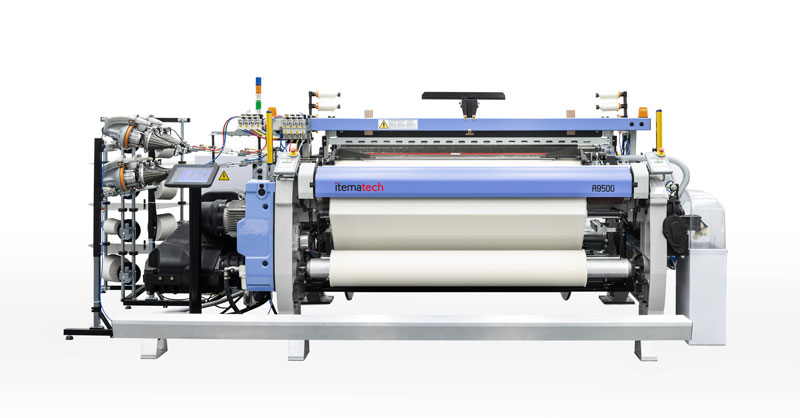
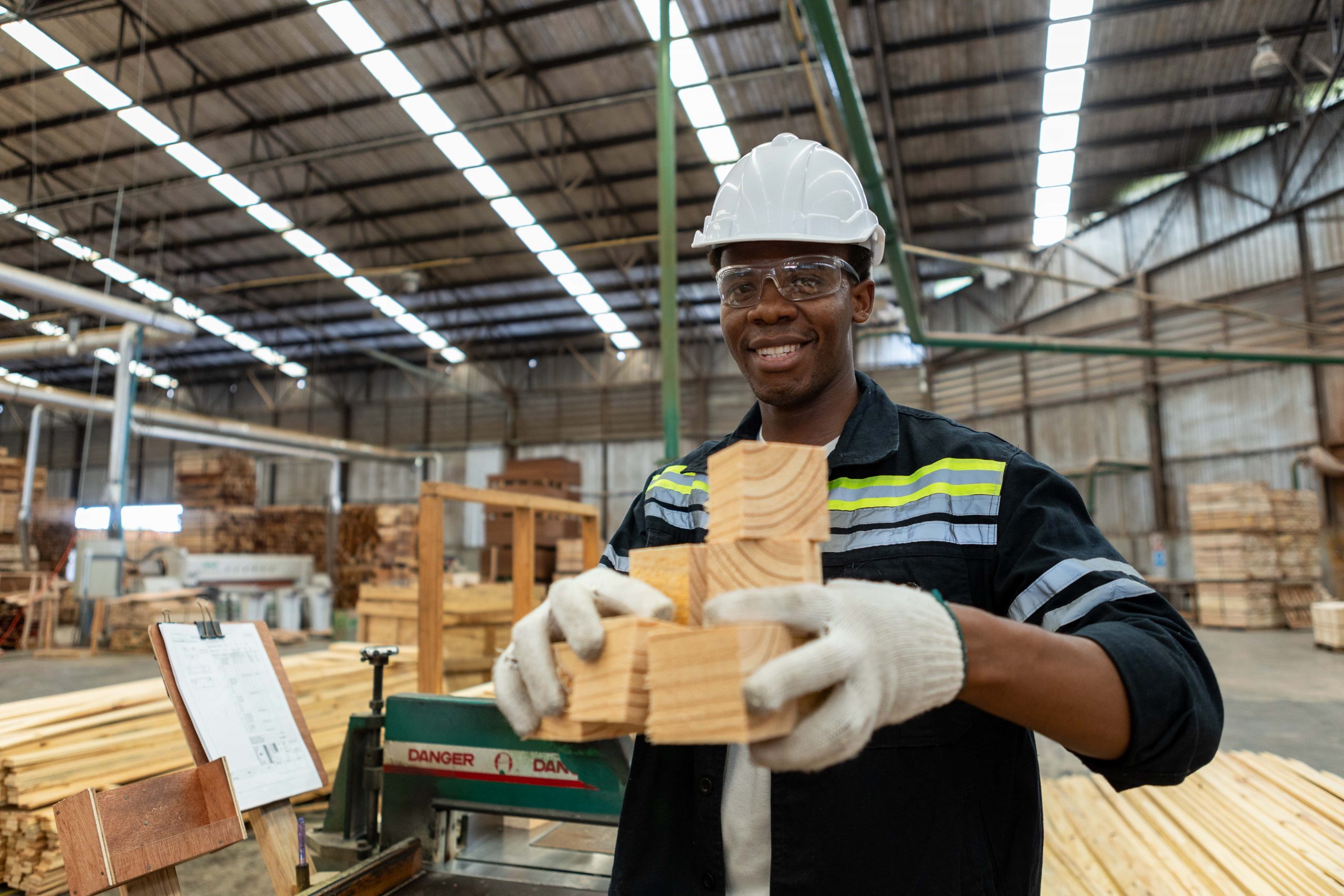
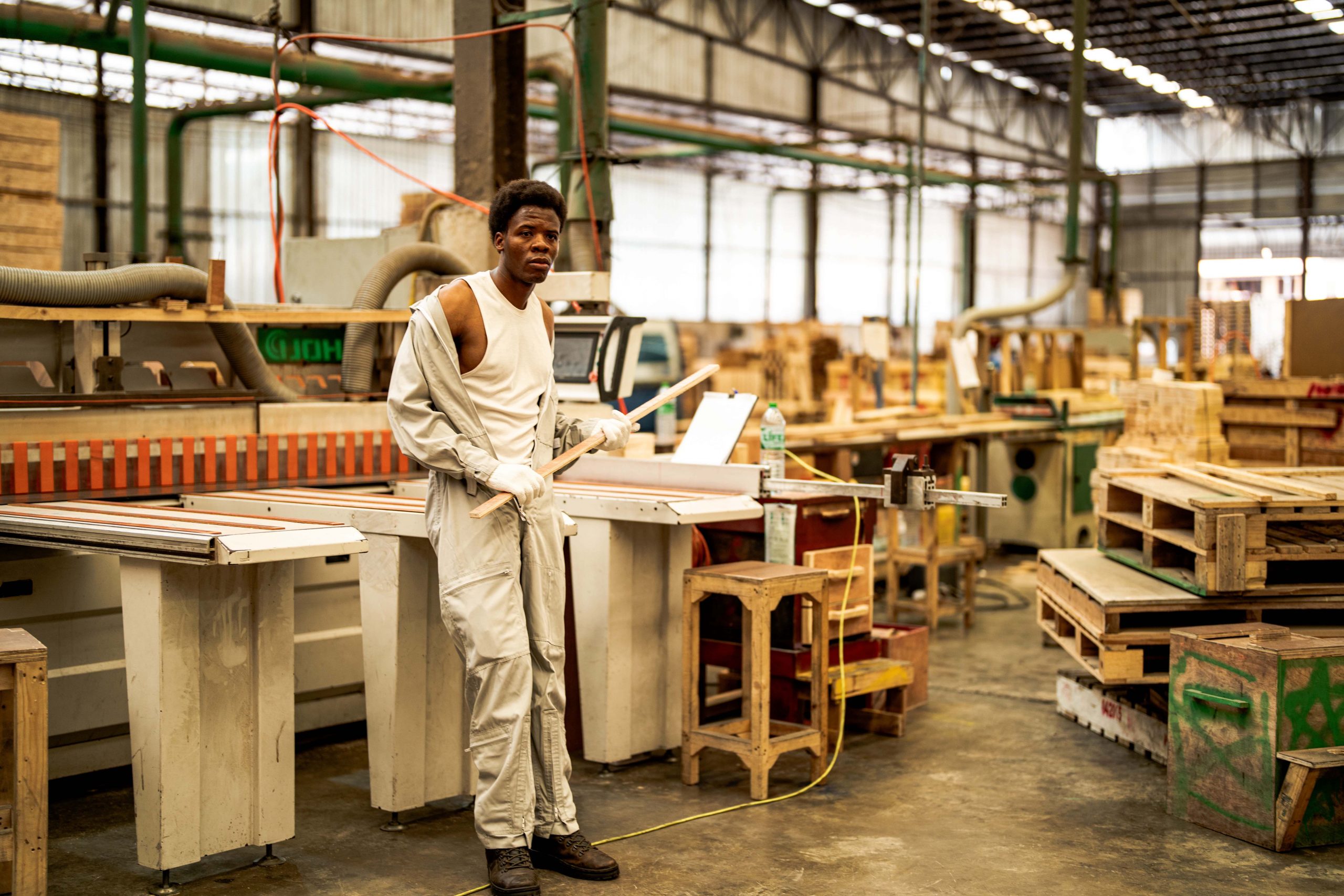
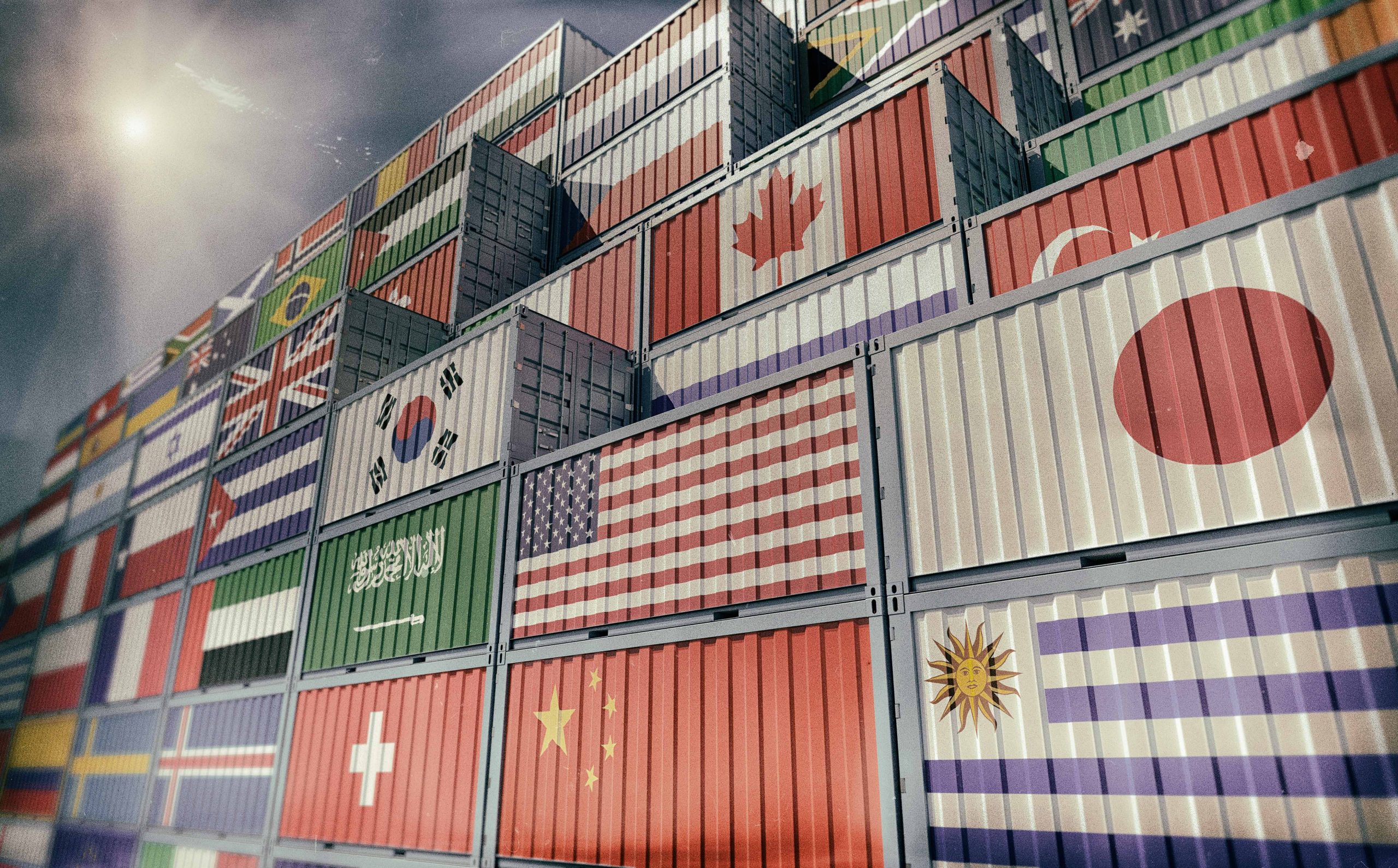
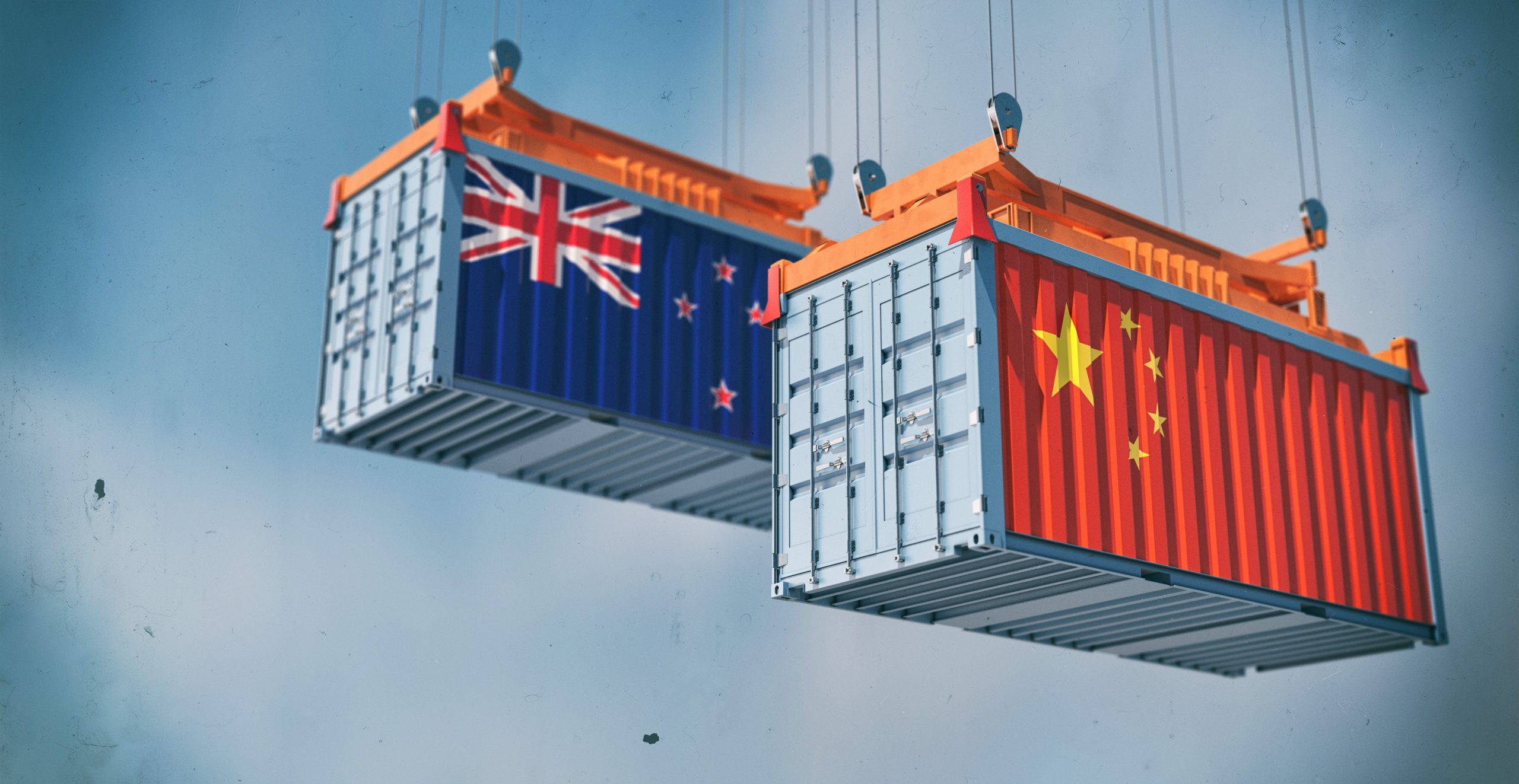

Comments are closed.